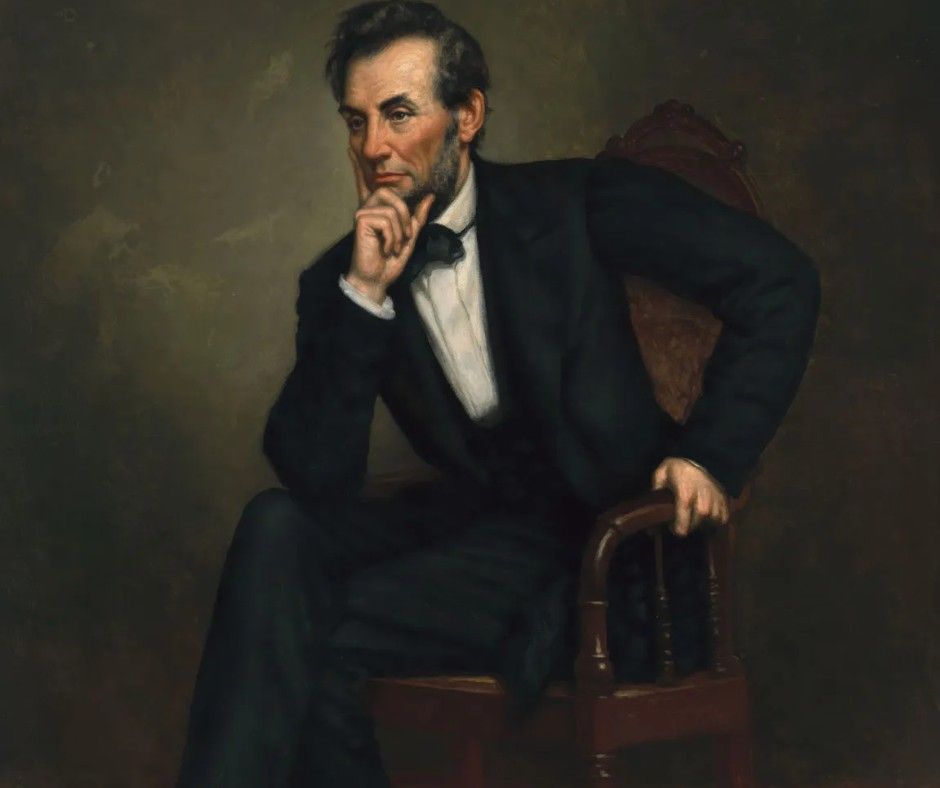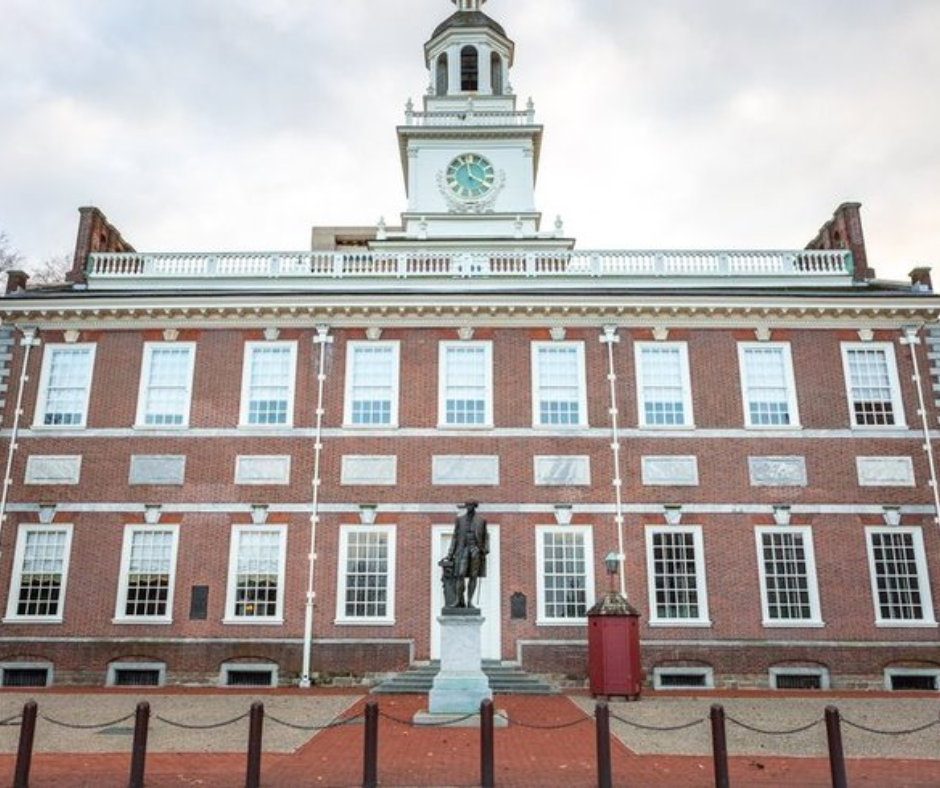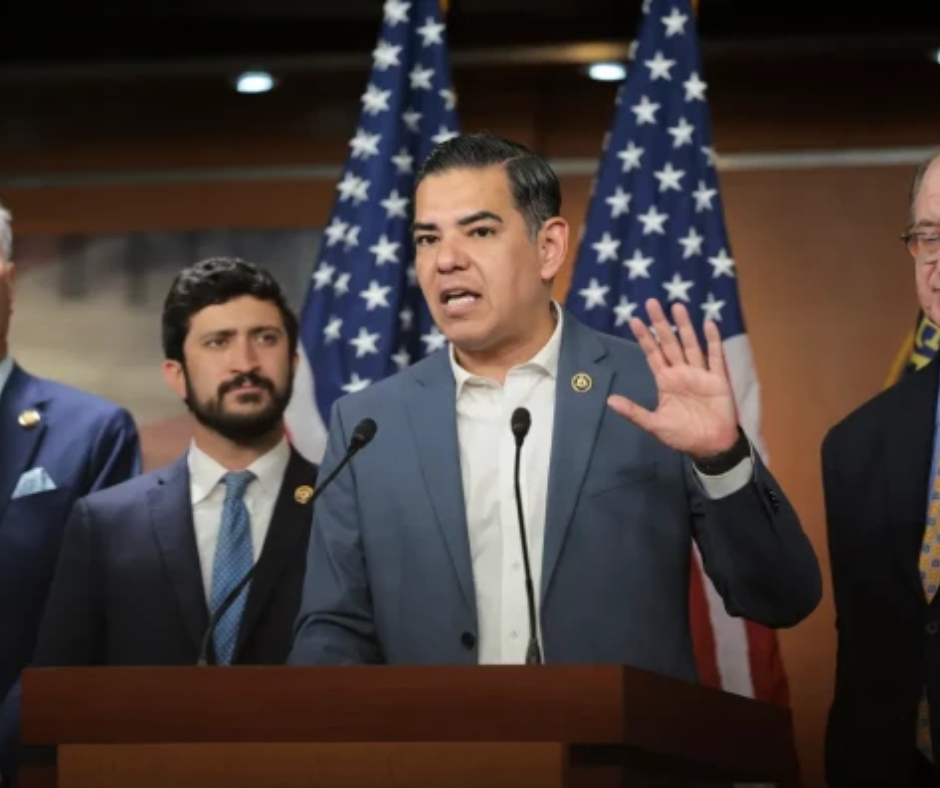
Abraham Lincoln, often praised as the savior of the American Union and the face of freedom, remains a towering yet contested figure in history. Known for leading the nation through the Civil War and issuing the Emancipation Proclamation, Lincoln’s image shines with glory—but shadows follow him too. Critics question his delayed stance on slavery, wartime powers, and racial views. This article explores Lincoln’s legacy with sharp eyes—his triumphs, his flaws, and the truths buried behind his calm words and tall hat.
“Nearly all men can stand adversity, but if you want to test a man’s character, give him power.”
— Abraham Lincoln
When we think of American greatness, the tall, solemn figure of Abraham Lincoln often walks quietly through the corridors of our minds — a symbol of integrity, resilience, and an imperfect but indomitable morality. Yet beneath that legendary top hat and behind the melancholy eyes of the 16th President lies a world of paradoxes — a man worshipped for his wisdom, yet criticized for his caution; a liberator to millions, but not always a visionary on race; a unifier of the Union, yet a violator of certain liberties.
This is not just the tale of a president — it is the story of a man caught in the crosshairs of history, torn between political necessity and moral responsibility, forging a legacy that would define, divide, and dominate generations.
🏛️ The Self-Made Man Who Rose from Shadows
Abraham Lincoln was born on February 12, 1809, in a log cabin in Hardin County, Kentucky — the very embodiment of the “American Dream.” He was largely self-educated, a voracious reader of the Bible, Shakespeare, and law books. His rustic roots and prairie intellect made him relatable to the common man, yet his mind soared far beyond his modest beginnings.
He once said:
“The things I want to know are in books; my best friend is the man who’ll get me a book I haven’t read.”
Lincoln’s eloquence, carved from personal struggle, would one day become America’s moral compass. His rise through Illinois politics, the courtroom, and finally the White House reflected a rare blend of political instinct and profound empathy.

⚖️ Preserving the Union: Lincoln’s Greatest Battlefield
Lincoln took office in 1861, as the nation teetered on the brink of collapse. Southern states were seceding, and war was imminent. Unlike many politicians of his time, Lincoln viewed the Union not just as a political arrangement, but as a sacred trust — a “government of the people, by the people, for the people.”
Through the agonies of the Civil War, Lincoln remained resolute, choosing to preserve the Union even at the cost of staggering human life. At a time when public opinion wavered, generals failed, and the dead piled high, Lincoln stood firm.
“The dogmas of the quiet past are inadequate to the stormy present.” — Lincoln, 1862
His wartime leadership was neither flamboyant nor flashy. It was sober, somber, and steady — a style that earned both admiration and skepticism. Historian James M. McPherson described him as “the most hands-on commander-in-chief in American history.”
🕊️ The Emancipation Proclamation: A Step Toward Justice
On January 1, 1863, Lincoln issued the Emancipation Proclamation — freeing slaves in Confederate-held territories. Though it didn’t abolish slavery outright, it altered the course of the Civil War and shifted its moral compass.
“In giving freedom to the slave, we assure freedom to the free.” — Lincoln to Congress, 1862
However, critics argue that Lincoln acted more out of strategic necessity than moral imperative. Early in his presidency, he famously wrote to editor Horace Greeley:
“If I could save the Union without freeing any slave I would do it.”
This statement reveals the political tightrope Lincoln walked — balancing Union preservation with the evolving demands for emancipation. Yet his eventual push for the 13th Amendment proved that while he may have been cautious, he was not cowardly.

📜 A Constitutional Crisis: Liberty in the Time of War
Lincoln’s presidency was marked not only by moral evolution but also by controversial decisions that continue to spark debate among constitutional scholars. Most notably, he suspended the writ of habeas corpus, allowing the military to detain thousands without trial.
Supporters defend the move as a necessary evil during wartime, while critics view it as authoritarian overreach.
“Lincoln’s suspension of civil liberties was unprecedented, and in some cases, unconstitutional,” argued legal historian Mark E. Neely Jr.
His clash with Chief Justice Roger B. Taney over civil authority reflected a broader crisis of democratic governance — a president willing to stretch legal boundaries to save the republic itself.
🧩 The Race Question: A Complicated Legacy
Though Lincoln freed the slaves, his views on race were, at times, contradictory. He publicly stated his belief in the inequality of the races during his debates with Stephen A. Douglas in 1858. He also supported colonization schemes that would send freed Blacks to Central America or Liberia — ideas deeply offensive to modern sensibilities.
“If all earthly power were given me… I do not understand why the Negro is not the equal of the white man,” he once stated, reflecting internal conflict more than clarity.
African American intellectuals and historians like Lerone Bennett Jr. have long criticized the sanitized portrayal of Lincoln. In Forced Into Glory, Bennett argues:
“Lincoln was not a moral crusader. He was a reluctant liberator dragged into history by those who were more radical.”
Yet many others defend him as a man ahead of his time, evolving with grace and courage amid relentless political constraints.

🎭 The Assassination: Death and Deification
On April 14, 1865, just five days after the Confederate surrender, Lincoln was shot by actor John Wilkes Booth at Ford’s Theatre. He died the next morning, and with him, the nation’s hope for a gentler Reconstruction.
Secretary of War Edwin Stanton famously whispered:
“Now he belongs to the ages.”
Lincoln’s martyrdom catapulted him into myth. Monuments, currency, and curricula sanctified his memory. But in doing so, the real man — filled with doubts, contradictions, and quiet wisdom — was often overshadowed.
📚 Modern Critique and Historical Reverence
In today’s polarized political climate, Lincoln is invoked by voices across the spectrum. He has been claimed by conservatives for his constitutionalism and by liberals for his progressive vision.
“Lincoln’s legacy is elastic because it was born of ambiguity. That’s what makes it lasting,” says presidential historian Jon Meacham.
Contemporary scholars continue to debate whether Lincoln was a moralist who bent to politics, or a politician who discovered morality along the way.
Lincoln’s America, and Ours
Abraham Lincoln remains a mirror to the American soul — a man of immense flaws and unparalleled strength, whose story reminds us that leadership is not about perfection but about purpose. He led in silence, governed with grief, and made history not with grandeur, but with grit.
His legacy asks difficult questions: Can a nation born in contradiction be united by compromise? Can moral progress be guided by political prudence?
In Lincoln, we see the answer: perhaps imperfectly, but indelibly — yes.
Abraham Lincoln’s legacy stands as a rich tapestry of courage, caution, wisdom, and imperfection. He preserved a divided nation and reshaped its moral path, yet not without controversy or contradiction. Neither saint nor villain, Lincoln remains a symbol shaped by both praise and criticism. His story invites reflection—not only on leadership and freedom, but on the fragile line between principle and power. As history continues to unfold, Lincoln’s shadow walks beside it—silent, steady, and forever open to question.
Appreciating your time:
We appreciate you taking the time to read our most recent article! We appreciate your opinions and would be delighted to hear them. We value your opinions as we work hard to make improvements and deliver material that you find interesting.
Post a Comment:
In the space provided for comments below, please share your ideas, opinions, and suggestions. We can better understand your interests thanks to your input, which also guarantees that the material we offer will appeal to you. Get in Direct Contact with Us: Please use our “Contact Us” form if you would like to speak with us or if you have any special questions. We are open to questions, collaborations, and, of course, criticism. To fill out our contact form, click this link.
Stay Connected:
Don’t miss out on future updates and articles.








